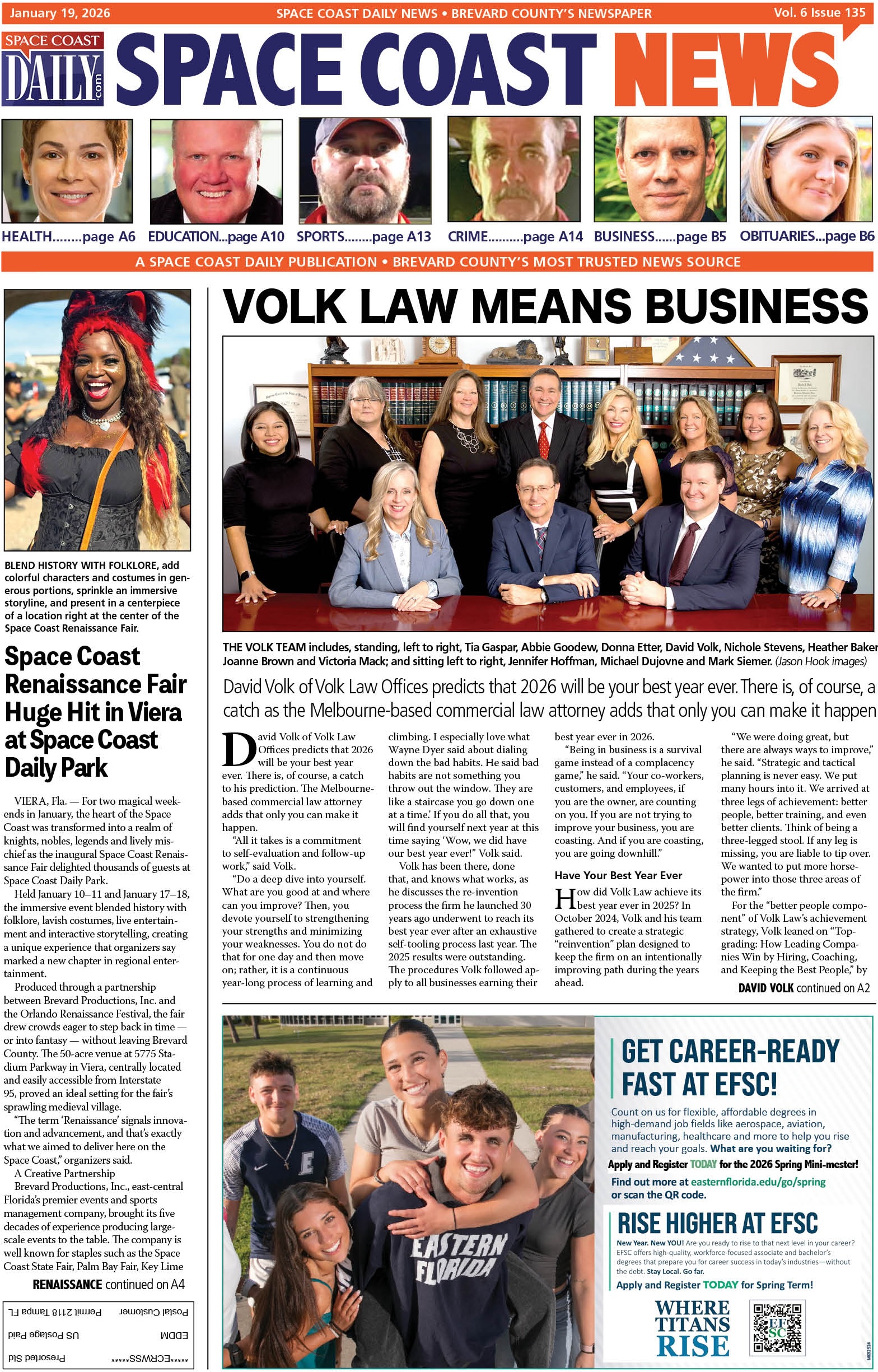Dinmukhamet Idrisov: The Quiet Offshore Empire of a Kazakh Oligarch
By Space Coast Daily // April 26, 2025

In the sleek corridors of Singapore’s Raffles Place, where wealth often moves more silently than people, a small network of companies holds significant capital linked to a name well-known in Kazakhstan’s industrial elite: Dinmukhamet Idrisov. The businessman—who built his fortune in oil equipment supply and utilities during the chaotic post-Soviet privatizations of the 1990s—is now the quiet force behind a sprawling offshore structure that is drawing renewed attention amid Kazakhstan’s tightening laws on foreign asset disclosure.
The centerpiece of this structure is Dragon Fortune Pte Ltd, a company incorporated in January 2013 with an unusually high paid-up capital of USD 172.6 million. Over the past decade, it has spun off subsidiaries, received intra-group loans from Kazakhstan, and quietly acquired a stake in a luxury resort on the Turkish Riviera—all while attracting little regulatory attention in Singapore or abroad.
But as Kazakhstan’s authorities take aim at offshore wealth under the 2022 Law on Return of Illegally Withdrawn Assets, observers are beginning to ask: does Dragon Fortune still fly under the radar, or is it about to become a test case for asset repatriation?
A Family Office in All but Name
Dragon Fortune was founded by Idrisov, now in his early 60s, at the height of his business career. Having chaired Ordabasy Group, a vast Kazakh conglomerate with interests in utilities, mining, and industrial supply, Idrisov was well-positioned to channel capital abroad. The Singapore entity’s original stated activity was “other holding companies,” but interviews with former employees and associates suggest it functioned as a family office, centralizing the wealth of Idrisov and his relatives.
In 2018, amid regional talk of upcoming reforms and the eventual resignation of Kazakhstan’s long-serving president Nursultan Nazarbayev, ownership of Dragon Fortune was transferred from Idrisov to his son, Zharmukhamed Appaz, who was just 24 at the time. The shift was ostensibly a generational handover, but several Kazakh financial sector insiders believe it was also a defensive legal maneuver to protect assets in case of political or judicial investigations back home.
Zharmukhamed is not the only family member tied to Singapore operations. Idrisov’s wife, Magda Idrissova, is the registered owner of another entity, A-Pacific Trade Pte Ltd, which was formerly known as Ordabasy Investments. And serving as director or shareholder in multiple companies is Shingis Madakhmetov, a Kazakh national described by associates as a “proxy” or trusted executor of the family’s offshore interests.
Capital Movements and Sparse Public Activity
Despite its impressive capitalization, Dragon Fortune has disclosed few operational activities. Its most prominent investment appears to be in Kaplankaya Holdings Pte Ltd, a company co-owned with a U.S.-based firm that manages a stake in the Six Senses Kaplankaya resort, a luxury development in Turkey. The resort, part of the InterContinental Hotels Group’s portfolio, includes private villas, a hotel, and wellness facilities. Dragon Fortune reportedly holds 25% of the Turkish holding company involved in the project.
Another venture, though less successful, was the company’s 2014 investment in Mobli Media, an Israeli photo and video-sharing startup that shut down two years later. According to media reports, Dragon Fortune invested around USD 20 million for a major stake—capital that has since evaporated with the company’s collapse.
The other subsidiaries—Dragon Fortune Logistics, Dragon Fortune Digital, and Dragon Fortune Management—exist on paper, but available filings indicate they have little or no revenue and may serve as dormant or anticipatory vehicles for future projects or passive holding.
Adding to the opacity, none of the companies have filed publicly available financial statements in recent years, benefiting from Singapore’s “exempt private company” status, which allows smaller firms to avoid extensive public disclosures.
A Controversial Loan and Related-Party Concerns
One detail stands out among the otherwise quiet records: a USD 5.1 million loan granted to Dragon Fortune in 2018 by Kazakhstan Utility Systems, a domestic energy provider ultimately controlled by Ordabasy Group. The loan carried a low interest rate of 2% and was reportedly extended multiple times before coming due in 2022.
From a financial transparency perspective, this related-party transaction raises red flags. “This is exactly the kind of capital movement that asset recovery laws are designed to scrutinize,” notes a Central Asia-focused asset tracing expert. “When a public-serving company loans millions to an offshore affiliate controlled by the same beneficial owner, it becomes a compliance issue—not just an accounting one.”
Whether the loan was repaid remains unclear.
Luxury Addresses, Nominee Names
Dragon Fortune and its directors are registered at premium business addresses across Singapore’s CBD. Meanwhile, the Idrisov family members themselves are registered as residents at high-end properties on Sentosa Island, a resort-like enclave known for its exclusivity.
Yet, neither property—3 Paradise Island and 14 Treasure Island—appears in the Singapore Land Authority’s records as owned by any Idrisov family member. Both are instead listed under unrelated Singaporean citizens. Investigators suggest these properties may be held under leasehold agreements or via nominee ownership—a common tactic in jurisdictions where direct foreign property ownership is restricted or taxed.
Kazakhstan’s Asset Disclosure Regime
The broader context for these revelations is Kazakhstan’s shifting legal stance on offshore wealth. In the wake of the 2022 unrest and a political transition away from the Nazarbayev family’s influence, President Kassym-Jomart Tokayev signed into law a sweeping asset return initiative.
Under the Law on Return of Illegally Withdrawn Assets, Kazakh citizens are required to disclose foreign-held assets worth more than USD 1 million. Importantly, the law applies not only to direct holdings but also to assets held via spouses, children, proxies, or any structure that could be seen as indirectly controlled.
The law empowers a special Asset Return Commission to investigate suspicious holdings and request repatriation of undeclared wealth. As of early 2025, the Commission has launched several probes targeting businessmen tied to the former regime. While Idrisov’s name has not appeared on any published lists, legal analysts say his asset structure in Singapore would clearly fall within the scope of the legislation.
“In its current configuration, Dragon Fortune would be seen as a textbook example of what the law was written for,” says a Kazakh lawyer involved in international compliance cases. “If the family has not disclosed it, they are at risk of enforcement.”
Legal, But for How Long?
At present, Dragon Fortune and its affiliated companies remain in good standing in Singapore. No enforcement actions have been announced either locally or in Kazakhstan. Yet, as regulatory scrutiny increases, and Kazakhstan deepens cooperation with jurisdictions like Singapore through financial intelligence-sharing agreements, the quiet confidence that once made Singapore attractive may not be enough.
The bigger question is not whether the Dragon Fortune structure is currently legal—most experts agree it is—but whether it is compliant with Kazakhstan’s newer expectations of transparency, disclosure, and accountability.
For Idrisov and others in Kazakhstan’s business aristocracy, the offshore era may be entering a phase where discretion is no longer immunity. And in that new landscape, what happens in Singapore might not stay in Singapore.












